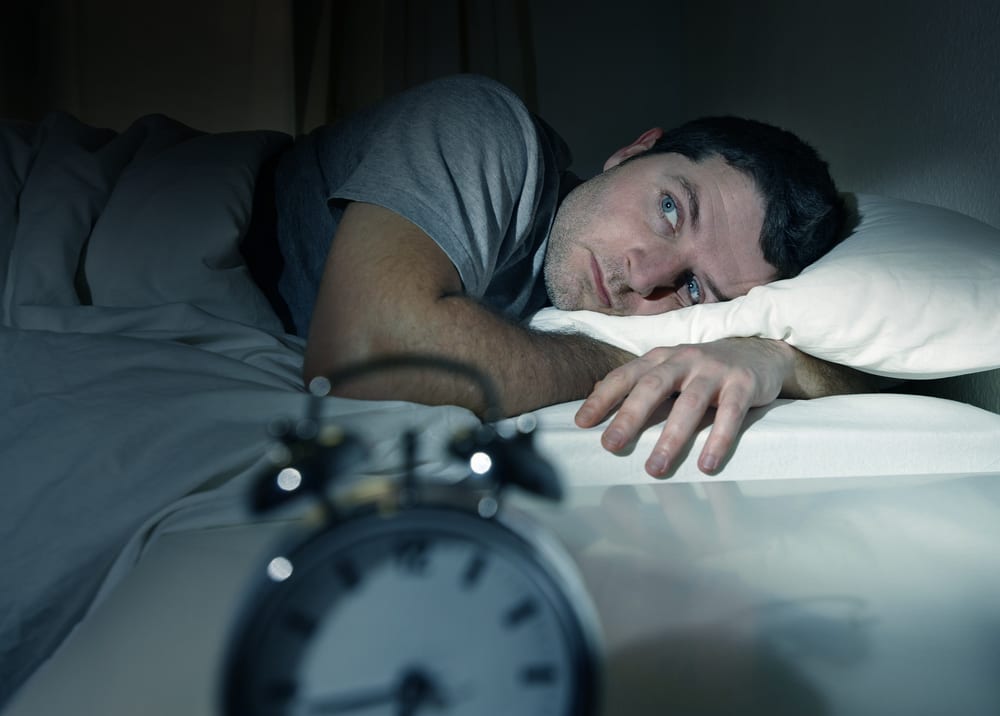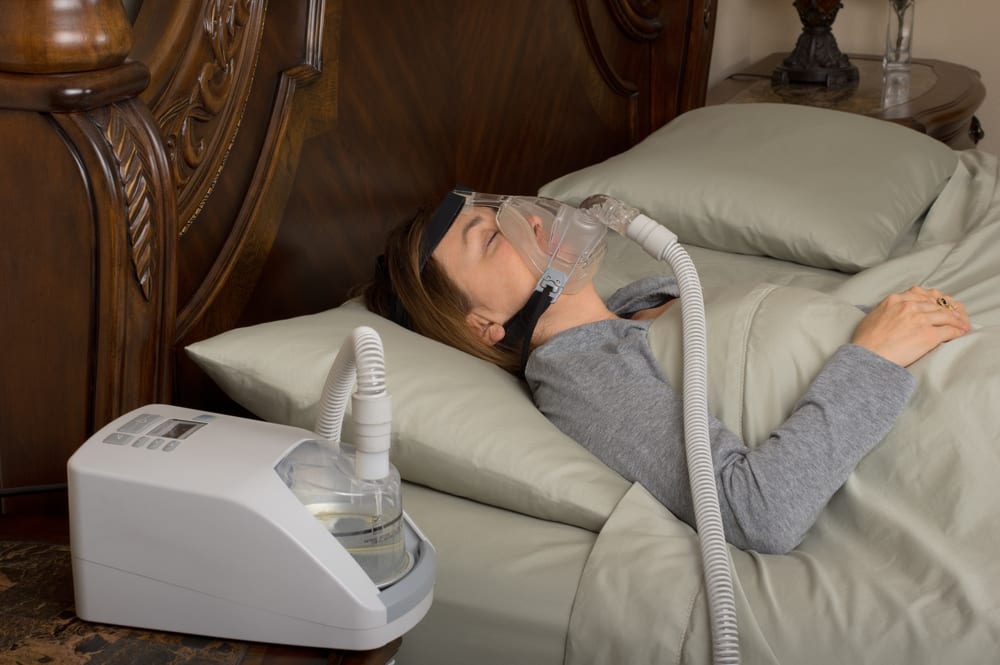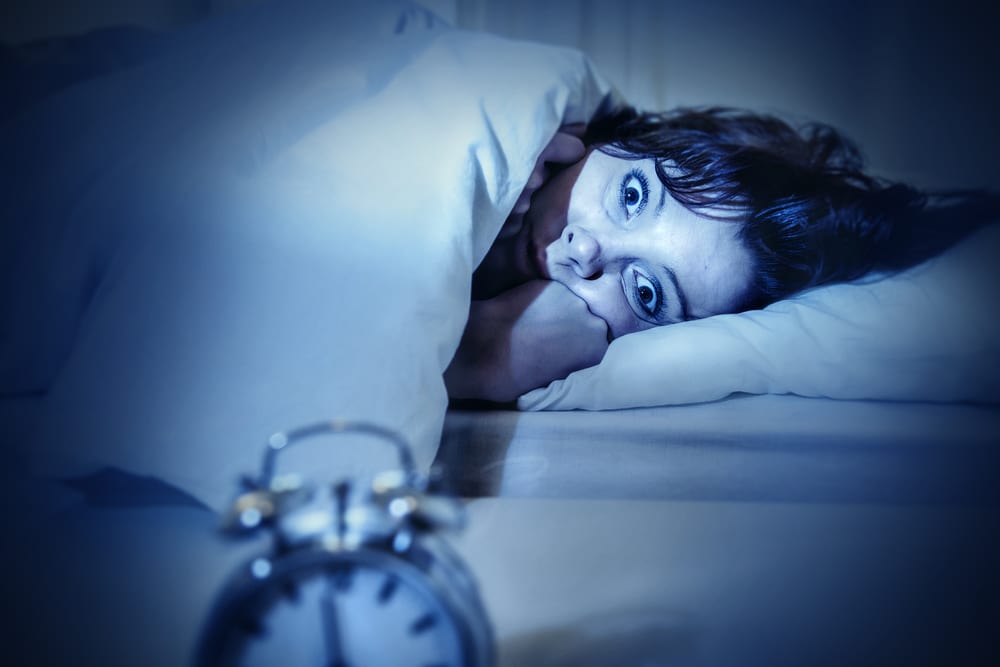You are certain that you slept a good eight hours, but you awaken only to find that you have a terrible headache. You are also feeling lethargic and quite irritable. Perhaps sleep apnea may be to blame for your constant inability to function or feel rested. Today, our team at Walnut Pond Dentistry explores 5 common symptoms of sleep apnea, and explains how we can treat these conditions at our Annandale, NJ dental practice.
#1 Teeth Clenching or Grinding
Teeth clenching or grinding may be a sign of sleep apnea. Some individuals do this subconsciously during sleep. Seen as relatively common, teeth clenching and grinding is also known as bruxism. When a person clenches his/her teeth, the muscles of the airway tighten, preventing the jaw from moving backward. As a result, the tongue which is connected to the lower jaw, fails to fall and ends up blocking the airway. Bruxism can also lead to enamel damage. Headaches or temporomandibular joint (TMJ) disorder may also develop as a result of bruxism.
#2 Problems with Thinking Clearly
Sleep apnea can cloud your thinking, resulting in irritability and counterproductivity. The individual with sleep apnea awakens to restore breathing after an apneic event. This may happen throughout the course of the evening several times, causing fragmented sleep. One purpose of sleep is to clear debris in the pathways of the brain. When this does not happen, the brain is disrupted. When it is time to awaken to begin the day, the individual may not feel refreshed. Fatigue may set it as well as feelings of haziness. The individual may have also little to no focus on work or various tasks throughout the day. Short-term memory may also be a problem.
#3 Headaches
Those who suffer from sleep apnea, often complain of headaches, especially first thing in the morning. Once breathing has stopped, less oxygen makes its way to the brain. From those low oxygen levels comes the widening of blood vessels, causing those headaches. Headaches can feel as if they are “piercing” or “pounding” the head.
#4 High Blood Pressure
Another common symptom of sleep apnea is high blood pressure or hypertension. For the same reason you have the headaches, you could develop hypertension. Fragmented sleep is the culprit. As your brain awakens and then realizes that it is not getting a steady supply of oxygen, it reacts, causing a spike in blood pressure, due to restricted blood vessels. As this happens repeatedly throughout the night, your body becomes conditioned to the events and hypertension can set in.
#5 Snoring
Loud and chronic snoring is another symptom of sleep apnea. When someone snores, that sound is the upper respiratory airways vibrating during sleep. While many people who snore are not aware that they do, their bedpartners are. Consequently, some bad feelings or animosity can develop between the snorer and the bedpartner. Bedpartners may also experience a disruption in their own sleep. Snoring is a common symptom of sleep apnea, but it does not mean a person has the condition. Many snorers do not have sleep apnea. And, some folks who have sleep apnea do not snore. But, if your snoring is disruptive and loud on a regular basis, you may consider seeking help.
To effectively treat your sleep apnea, a comprehensive examination will be required. At Walnut Pond Dentistry, we offer friendly and family-oriented dental care. We also offer treatment for sleep apnea sufferers. Drs. Victoria Uryniak and Carson Ferris-Zeolla can assess your symptoms and determine the most effective treatment regimen for your needs.
Contact Walnut Pond Dentistry to Learn More
We take great pride in providing comprehensive dental services and treatments for entire family. To learn more, or to schedule an appointment with your Annandale, NJ dental team, call us at 908-200-7007 or contact us online.






